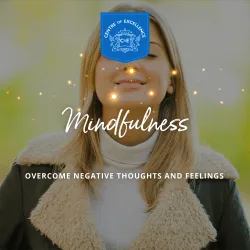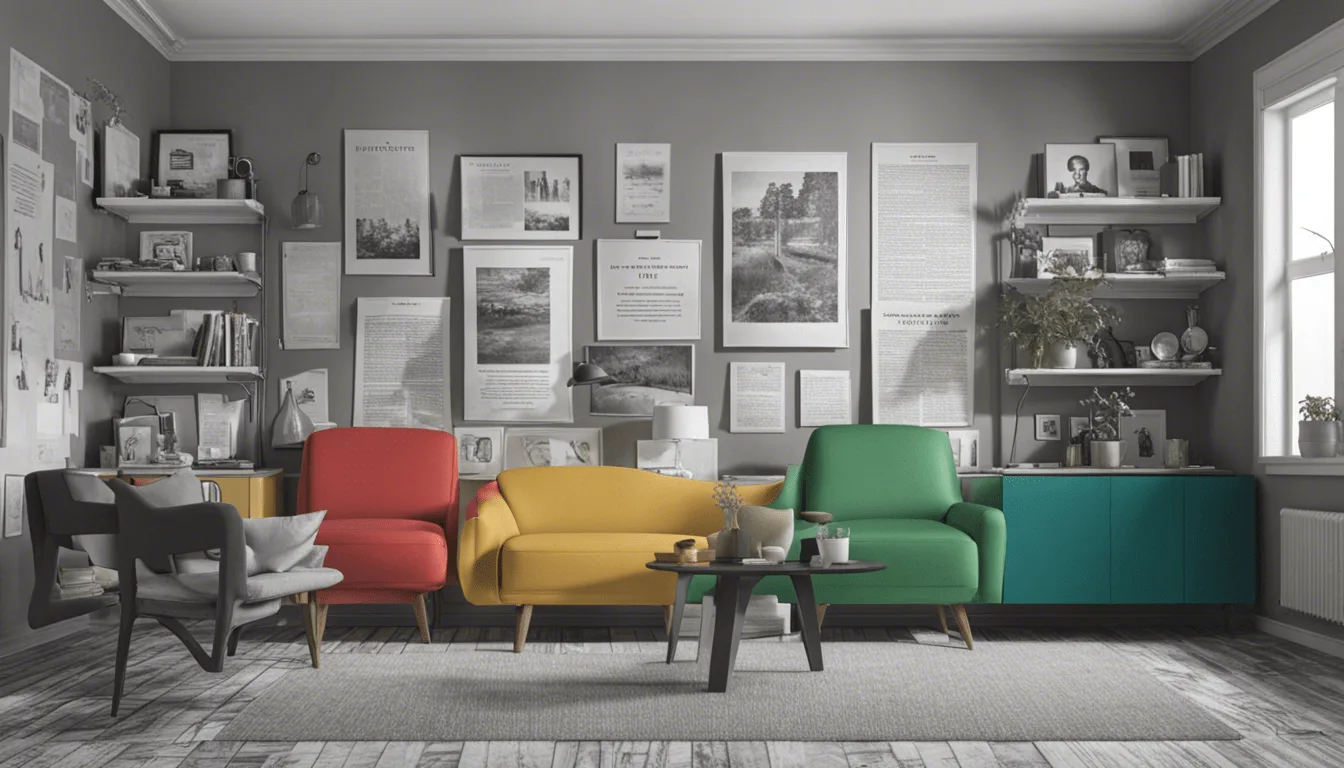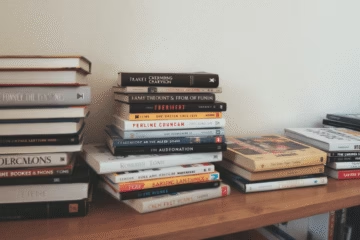Are you familiar with the concept of mindfulness and minimalism? Do you know what connects them? This article will tell you all about the connection between mindfulness and minimalism! Keep reading. So, cultivating mindfulness and a minimalist mindset may help you lead a less complicated and stressful life. You may have heard these words before, but you may need to understand what they imply or how they relate to one another.
Mindfulness and Minimalism
In this article, we will go over the fundamentals of each of them, their relationship with one another, and why they complement one another so well. How can minimalism and mindfulness, connected concepts, be put into practice together? What exactly are the key distinctions between minimalistic living and mindful living? And do these so-called “fancy words” truly enrich your life? If so, then how exactly?
Let’s not rush things but rather study each of these possibilities one at a time as we go. To begin, let’s investigate the fascinating area of mindfulness.
Mindfulness Courses by the Centre of Excellence
Discover the power of mindfulness with our Diploma courses offered by the Centre of Excellence. These carefully structured programs are designed to guide you through the fundamentals of mindfulness, helping you cultivate a balanced, focused, and fulfilling life.
What is Mindfulness?
Simply using the word “mindfulness” connotes a heightened awareness. To be competent, you must have a grasp of what you are doing. Consider the following scenario to explain the concept of mindfulness: you are going to eat one of your all-time favorite sweets. There are currently two different approaches that may be used to prepare. The first strategy is to chow down on three enormous bites and then swallow without giving any thought to what you are doing. Your sugary snack vanished in an instant, and now you’re feeling hungry all over again.
Second, you may be so focused on devouring the sweet that you get mesmerized by its enticing scent. You might then pick up the spoon, and as soon as you take that first bite, you might find yourself being carried away by waves of happiness. Each consecutive taste is utter ecstasy. By the time you’ve finished eating, you’re on the verge of being extraordinarily joyful and content.
You are free to apply the same notion of living in the “PRESENT MOMENT” to all aspects of your life at this point. When you stop meditating on the things that happened in the past or stressing out about what will happen in the future and instead start paying attention to the here and now, you will discover that your life takes on a lot more fulfilling and abundant character. When the good times arrive, you’ll be able to enjoy them to the utmost, and when the challenging times come, you’ll be able to get through them with more ease and mental clarity.
In short, mindfulness is the purposeful development of present-moment awareness of one’s internal and external experiences. Although mindfulness refers to a wide variety of activities, at its foundation, it is the intentional cultivation of present-moment awareness. The ability to keep oneself in a state of constant alertness is a talent that very few people have mastered, even though it may appear straightforward in theory.
Having said that, this is the point at which the whole research around mindfulness meditation comes into play. To engage in this kind of meditation, one need not be a fanatic, a mystic, or a religious fanatic in any way. Anyone can do it. Those who practice this scientific approach to meditation regularly claim improvements in their health and overall well-being.
Unparalleled online learning experiences, New Skills Academy!
What is Minimalism?
The practice of minimalism refers to a way of life in which an individual consciously decides to rid themselves of any emotional and material ties and possessions they do not need while prioritizing those things and people in their lives that do provide value. It is a frequent misconception that advocates of minimalism should clean and organize their houses by getting rid of the majority of their possessions as part of some form of the new age movement.
On the other hand, you have things entirely backward. Minimalism may assist you in gaining your independence. An absence of fear or trepidation. Freedom from all forms of restraint and distress, A relief from tremendous pressure. A total lack of responsibility was retrieved from the depths of depression. Independence from the material items that have come to characterize our contemporary way of life is a significant goal for many people today. True independence.
There is no one set method for “how to be a minimalist,” hence no one can give you advice on the subject. You don’t need to consult any book, blog, or another person to become a minimalist; you must ask yourself, “What’s necessary for me?” and then follow your gut instincts when making decisions.
Does practicing mindfulness lead to more minimalistic lifestyle choices?
The environments that each of these things creates are beneficial to one another. They are related to one another in a myriad of different ways.
Unparalleled online learning experiences, New Skills Academy!
Advantages of mindfulness for people who are attempting to declutter their lives
Training your mind to be more mindful helps you identify the causes of your exhaustion. It is only by connecting with your deepest selves that you may learn what it is that you appreciate and what it is that you detest. If you want to become an expert in the skill of living in the here and now, you are urged to steer clear of anything that can serve as a source of distraction.
You will find that the things that distract you – unnecessary possessions in your home or negative thoughts and emotions in your brain – are the same things you would want to eliminate if you adopted a minimalist lifestyle. This is because a minimalist lifestyle prioritizes simplicity and efficiency.
Simple ways in which the practice of mindfulness is facilitated by minimalism
If you want to live a minimalist lifestyle, you need to ask yourself, “What are my priorities?” regularly. What bearing does this have on my life? Have I thought about whether or not I want to include something in my life?
You’ll automatically acquire heightened awareness if you repeatedly probe yourself with questions like these. A house that is clean, devoid of clutter, and well-suited to meditation is another benefit that accrues from adopting a minimalist lifestyle.
Cultivating mindfulness and a minimalist mindset can lead to a less complicated and stressful life. Mindfulness is the intentional cultivation of present-moment awareness, while minimalism is a way of life in which individuals rid themselves of any emotional and material ties and possessions they do not need. Practicing mindfulness helps identify the causes of exhaustion and allows individuals to connect with their deepest selves to determine what they appreciate and detest. In contrast, minimalism prioritizes simplicity and efficiency, making it easier to eliminate distractions and unnecessary possessions.
Unparalleled online learning experiences, New Skills Academy!
Both mindfulness and minimalism lead to a more fulfilling and abundant life by enabling individuals to live in the present moment and focus on what truly matters. By repeatedly asking oneself about priorities and whether something adds value to their life, individuals acquire heightened awareness and can create a clean, clutter-free environment that is well-suited for meditation. The connection between mindfulness and minimalism creates an environment that benefits both practices, leading to greater balance, contentment, and independence.
References:
- Mindfulness & Minimalism – Perfect Duo For Simplified Living
- Mindfulness and Minimalism: Finding Balance and Contentment
- Minimalism and Mindfulness: 4 Ways They Make an Excellent Pair
- Mindfulness and Minimalism – Why you should be mindful
Body, Mind, And Soul For A Fulfilled Life!





